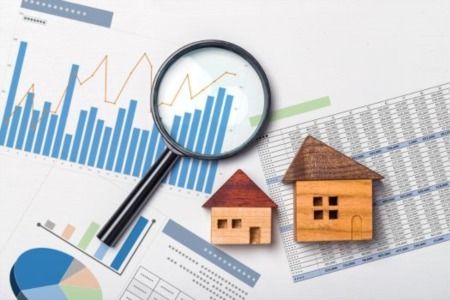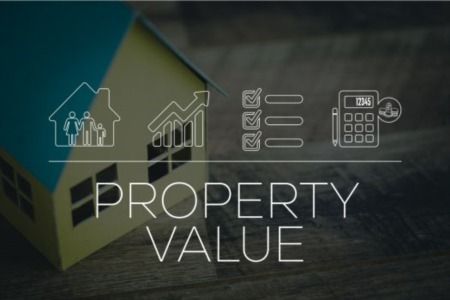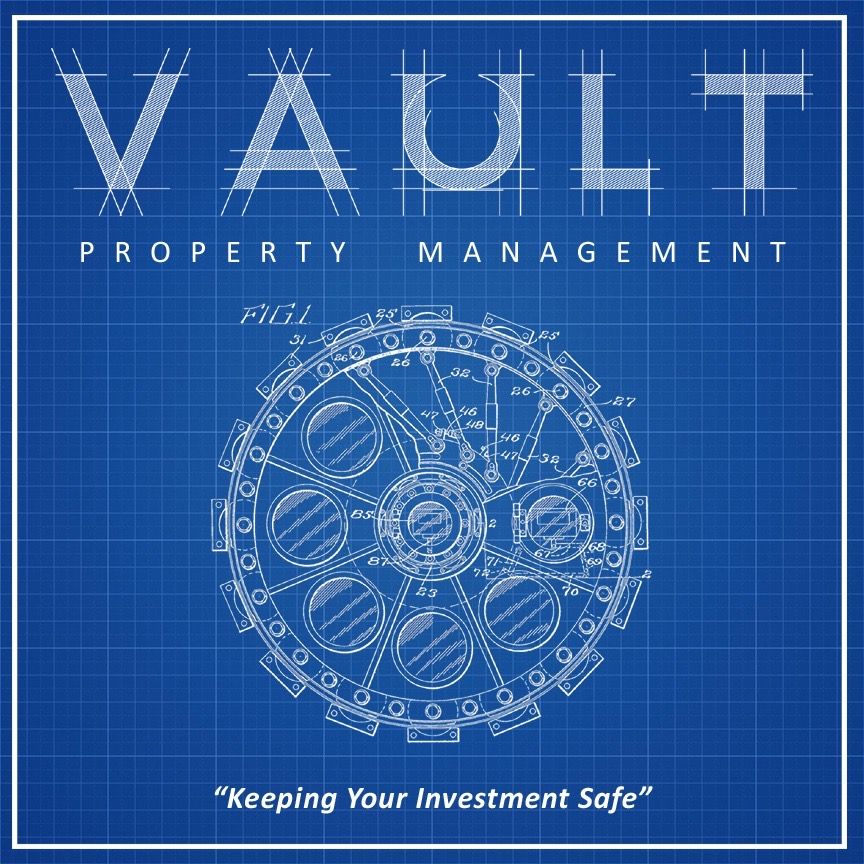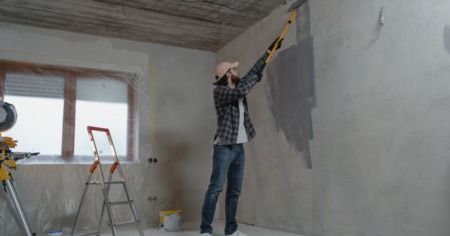Our Blog
Why You Should Consider Selling in the Winter
Carlos Almanza • January 24, 2024
Real Estate Pros

As the year wraps up, now is a great time to buy a home in El Paso. With fewer buyers in the market and motivated sellers looking to close deals before the holidays, you can find excellent opportunities. Here are some quick tips to make your end-of-year home buying experience smooth:
Leverage Seasonal Discounts: Sellers often drop prices to finalize deals before the year ends. Use this to your advantage and negotiate for the best price.
Secure Pre-Approval Early: Lenders may experience holiday delays, so get pre-approved to streamline the process.
Act Quickly: Inventory in El Paso tends to be lower in winter, so stay ready to make an offer on your dream home.
Consider Future Tax Benefits: Buying now may allow you to claim certain deductions when filing taxes.
Partner with a Local Expert: Work with a realtor familiar with the El Paso market to identify the best opportunities.
Don’t wait—start your home search today and move into the New Year with a fresh start in your dream home!

As of October 2024, the real estate market in El Paso, Texas, continues to show steady growth, though rising interest rates have tempered some of the activity compared to last year. Inventory levels have increased slightly, providing more options for buyers, but sellers still hold an advantage in many areas due to limited new construction. Homes are staying on the market a bit longer, averaging around 45 days, up from 30 days earlier in the year.
The median home price in El Paso remains strong at around $225,000, driven by continued demand from both local buyers and those relocating from other parts of Texas and the Southwest. First-time homebuyers face more challenges due to higher mortgage rates, but buyers with strong credit still find attractive deals.
Overall, the El Paso market remains healthy, with opportunities for both buyers and sellers. Investors continue to see potential in rental properties, especially with El Paso’s growing population and job market. As the year winds down, it’s a good time to keep an eye on interest rates and inventory to plan for 2025.

In the dynamic world of real estate, the value of a property isn't solely determined by its physical attributes. Various factors come into play, shaping the market's perception and influencing its worth. Whether you're a prospective buyer, seller, or investor, understanding these factors is crucial for making informed decisions. Let's delve into the key elements that contribute to determining the value of a property. 1. State of the Market: The real estate market is subject to fluctuations influenced by economic conditions, interest rates, and supply and demand dynamics. In a seller's market, where demand exceeds supply, property values tend to rise, whereas in a buyer's market, values may stagnate or decrease. Keeping abreast of market trends is essential for gauging the value of a property accurately. 2. The Size of the Property: Size matters when it comes to real estate. Generally, larger properties command higher prices, all else being equal. Buyers often seek spacious living areas, ample storage, and room to grow. However, the value of size is context-dependent, varying across regions and property types. 3. Upgrades and Add-Ons: Renovations, upgrades, and additional features can significantly enhance a property's value. Modern kitchens, updated bathrooms, energy-efficient appliances, and smart home technology are among the amenities that appeal to buyers and contribute to a higher valuation. Investing in strategic improvements can yield a favorable return on investment. 4. How Old The House Is: Age is a determining factor in property valuation. Older homes may possess charm and character, but they could also entail higher maintenance costs and may lack modern conveniences. Newer constructions often boast contemporary designs, energy efficiency, and updated infrastructure, which can positively impact their value. 5. The Location/Neighborhood: Location remains paramount in real estate. Proximity to amenities such as schools, parks, shopping centers, and public transportation can significantly influence a property's desirability and value. Additionally, factors like neighborhood safety, crime rates, and access to quality healthcare and employment opportunities play a crucial role in shaping perceptions of value. 6. The Property's Condition: The overall condition of a property is a fundamental determinant of its value. Well-maintained homes with minimal wear and tear typically command higher prices than those requiring extensive repairs or renovations. Factors such as structural integrity, roofing, plumbing, electrical systems, and the presence of pests or mold can impact valuation assessments. Understanding these key factors empowers stakeholders in the real estate market to make informed decisions. Whether you're a homeowner looking to sell, a buyer searching for the perfect property, or an investor evaluating potential opportunities, considering these aspects is essential for assessing value accurately. Moreover, collaborating with experienced real estate professionals can provide invaluable insights and guidance throughout the process. In conclusion, the value of a property is multifaceted, shaped by a combination of market dynamics, physical attributes, location, and condition. By comprehensively evaluating these factors, individuals can navigate the complexities of real estate transactions with confidence and precision, ultimately achieving their desired outcomes in the dynamic realm of property ownership and investment.

There has been some discussion recently on home prices in relation to mortgage rates. Some believe if there is a rapid rise of mortgage rates, home prices should decrease. Logically it makes the most sense for the price of the house to drop when interest rates are rising, but this is not always the case. This theory of home prices decreasing is typically discussed by future home buyers. As a buyer you would like to think if you are paying higher rates on your mortgage, you should be able to see a decrease in cost somewhere else. Unfortunately, these rates are rising because the economy is in better shape. As the economy succeeds, incomes rise, rates go up, as well as the price of the home. A recent study by the John Burns Real Estate Consulting found mortgage rates have very little impact on the cost of the home. The housing market and price increases are affected by things like job growth in the area and rising wages. Coincidentally, these same factors are causing the rise in the mortgage rates since people can afford to take out more. Bottom Line As the economy progresses and strengthens, mortgage rates and home prices will fluctuate. It is a misconception as rates increase, home prices will decrease. Advances in the economy have shown that rates and home prices are more likely to increase together.




